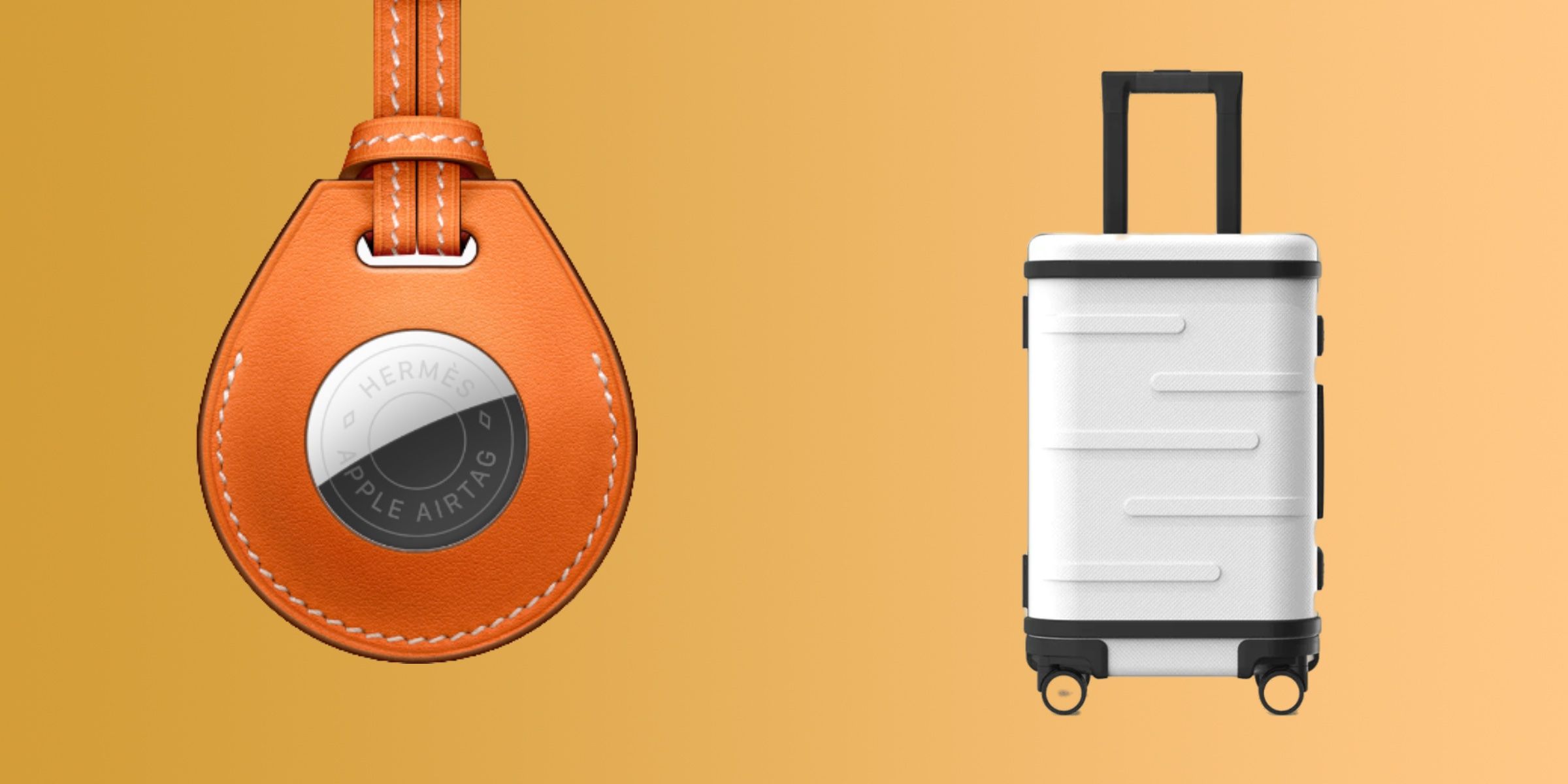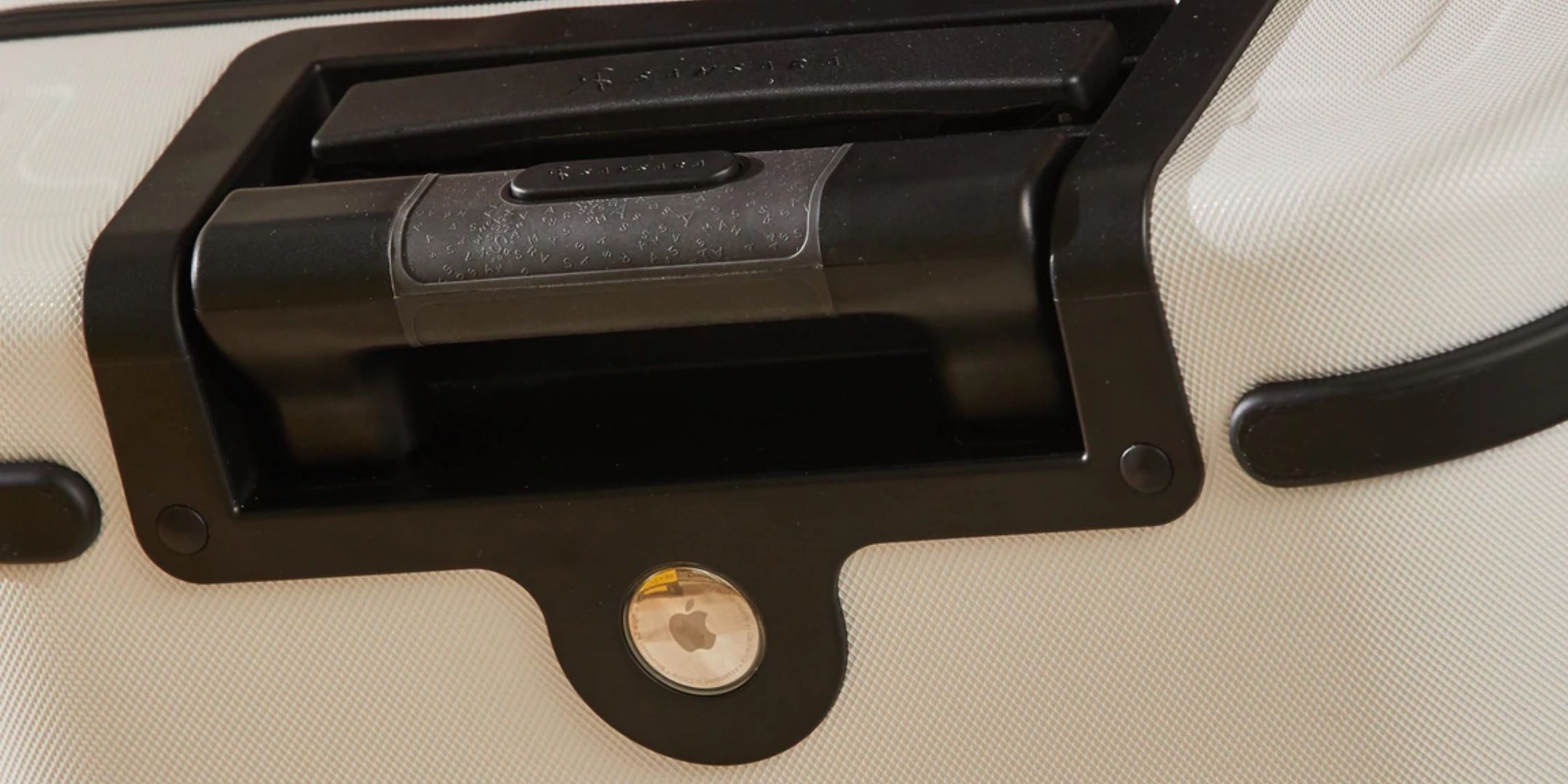Apple released the AirTag in 2021, and people have quickly found many ways to use the tiny personal trackers to locate their items. One of the more practical uses of an AirTag is to track luggage or bags, with some even coming with integrated AirTags, especially while traveling. But since AirTags contain coin-cell lithium-ion batteries, they may be subject to governmental regulation, depending on the region. In the U.S., the Federal Aviation Administration (FAA) has strict rules that govern how lithium-ion batteries can be transported through the air. Though consumers don't often have to know these regulations, they're important to be familiar with when using AirTags.
The concern of whether an AirTag can be transported on a plane comes from a U.S. federal regulation regarding lithium-ion batteries. As a general rule, the FAA says lithium-ion batteries — including electronic devices — must be stored in carry-on luggage. Further, devices with batteries and standalone battery packs must have a capacity of less than 100 watt-hours capacity and pass through security screening. Based on that principle, it would stand to reason that AirTags wouldn't be allowed in checked-in luggage. However, AirTags is an exception to the rule due to the small size of the replaceable CR2032 battery that powers them.
Why AirTags Can Be Used In Luggage
The FAA officially confirmed to The Points Guy that AirTags are safe and legal to be placed in checked luggage. "Luggage tracking devices powered by lithium metal cells that have 0.3 grams or less of lithium can be used on checked baggage," the FAA said. "Apple AirTags meet this threshold; other luggage tracking devices may not." Like any other lithium-ion battery under the 100-watt-hour threshold, AirTags can also be packed with carry-on luggage.
While the FAA is a leading governmental body in aviation worldwide, its guidelines only govern flights traveling to and from the United States — with a few exceptions. However, many foreign aviation agencies have regulations that are typically in line with the FAA. To be sure that an AirTag can be packed in luggage on a flight, check with the government agencies of the countries or regions that are being traveled to or from.
AirTags can be helpful during travel in a few significant ways. On a simple level, they can pinpoint the exact location of luggage. If an item gets lost in transit, customers have successfully used their AirTag to recover lost luggage from an airline. Additionally, iPhones with ultra-wideband chips can use an AirTag in a suitcase to find luggage on the baggage carousel with Precision Finding. All of these AirTag use cases are confirmed to be perfectly legal, at least in the U.S.
Source: FAA, The Points Guy


